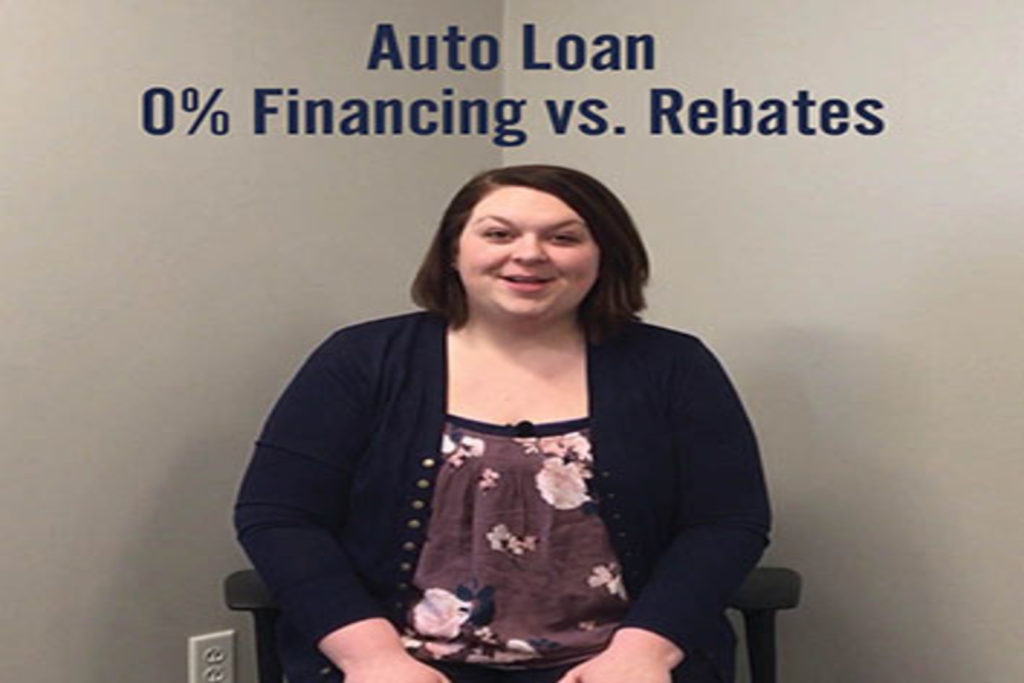Part 3
IS ZERO PERCENT FINANCING WORTH IT?
- If you’re shopping for a car because you’ve seen an advertisement for 0% financing, you’re not alone. Campaigns like Toyota’s “Toyotathon,” in which manufacturers offer deals like 0% financing for 60 months, are incredibly popular for car buyers and dealers alike. If it were honestly a losing proposition for the manufacturer, they likely wouldn’t keep doing it. How, then, could they possibly make money on the financing? The answer is two-fold: volume and selectivity.
- The volume part of the money-making strategy is simple. Zero percent financing gets people on the lot and encourages them to think about buying a specific brand of car. The manufacturer and the dealer both make some money on each car sold, so the 0% financing trades some profit per car in the hopes that they’ll make up for it in number of cars sold.
- Selectivity is the other side of volume. Not everyone who comes to a 0% financing event will qualify for that rate. Because most people who get to the point of discussing financing have decided to purchase a car, they’ll settle for a non-zero rate. Between these two strategies, advertising 0% financing does well for a car dealer. Car commercials don’t talk about the fine print, but dealers put a pile of restrictions on 0% financing. If your history with credit is anything less than perfect, don’t expect to qualify for these rates. Roughly 60% of people who apply for these loans end up being rejected.
- Also, these loans are usually short-term. If the dealer is offering 0% financing over the life of the loan, expect it to be no more than three years. This means a much higher payment than you’d have on a five- or seven-year loan. Additionally, many 0% financing offers only cover part of the life of the loan – usually six months. After that, you’ll be paying more in interest.
- Dealers may use the promise of 0% financing to trick you into paying more for the car. With their knowledge of your financing options, they can manipulate the price of your trade-in and the cost of the transaction to arrive at a monthly payment you’re happy about. That way, you’ll focus on the cost of the payment and not the price of the car or the total amount you’ll ultimately pay.
- Choosing 0% financing will usually prevent you from taking advantage of other discount options. It is offered instead of manufacturer rebates and other discounts. Also, these financing packages are usually incompatible with special discount programs like Ford’s Friends and Family package.
- This last hiccup can mean 0% financing is more expensive than a loan that’s obtained through a private lender like the credit union. To see this effect, let’s look at some numbers. We’ll assume that you’re paying $20,000 for a car. You’re presented with two choices:
- You can take 0% financing on a three-year loan.
- You can get a 4% interest rate on a five-year loan from the credit union, plus a $2,000 manufacturer’s rebate.
- If you take the 0% financing option, your monthly payment will be $555. Assuming no other fees or problems, you’ll pay $20,000 over the life of the loan. Your payments will be higher, and if you can’t make one of them, you’ll be paying more in interest next month (in addition to all the months that follow).
- If you take the rebate, though, your monthly payment will be $331 – a much more reasonable amount. Over the life of the loan, you’ll pay a total of $19,890. That means you will save $20 and have a lower car payment, too.
- Even if it’s not compatible with cash back incentives and other rebates, arranging outside funding before you go to the dealership can be a tremendous negotiating advantage. By continually postponing questions of financing, you can let the dealer think there’s still money to be made. This position might lead them to give you more on your trade-in, lower the price of the car or offer you more options.16
- The loan you get to pay for your car may be the biggest financial decision you make outside your home. You owe it to yourself to do your research and treat this decision with diligence. You wouldn’t buy a car just because it had an enticing price tag. Why would you do that with a loan?
- Remember, dealers make most of their money from financing. They want you to finance your car through their channels because it’s one more way for them to profit on the sale. It’s also one more piece of information they can use to manipulate the total price of the car in their favor. You can take that power away from them by doing your own research and making your own decision.
